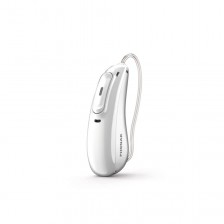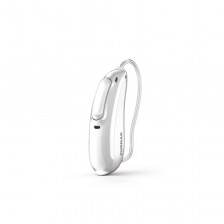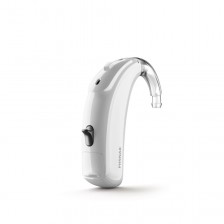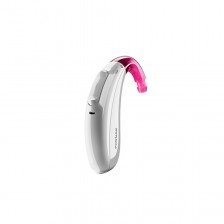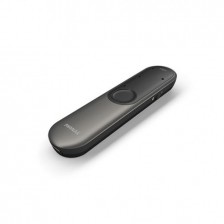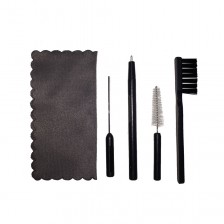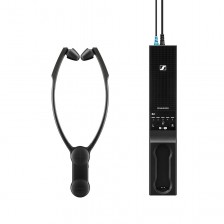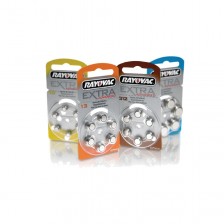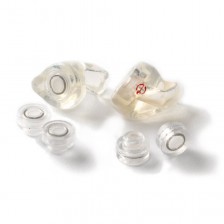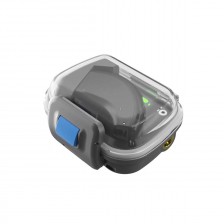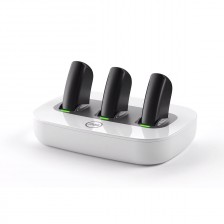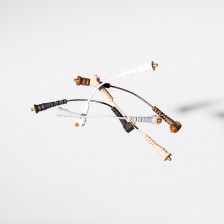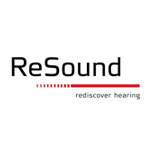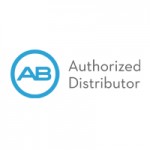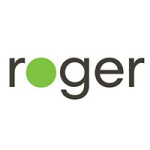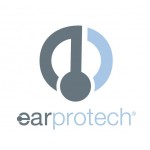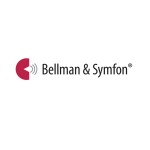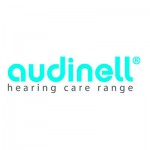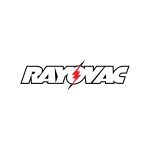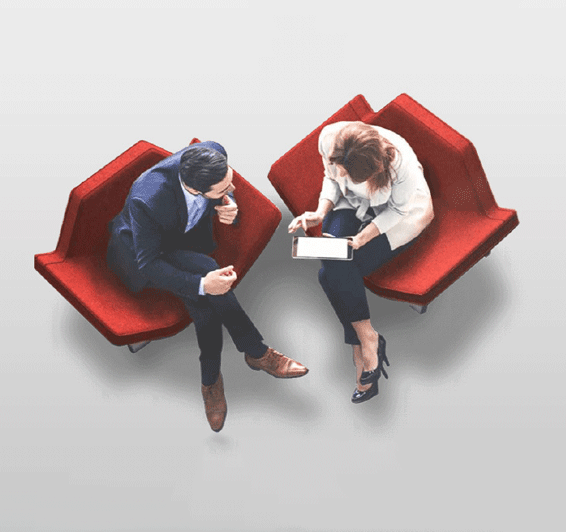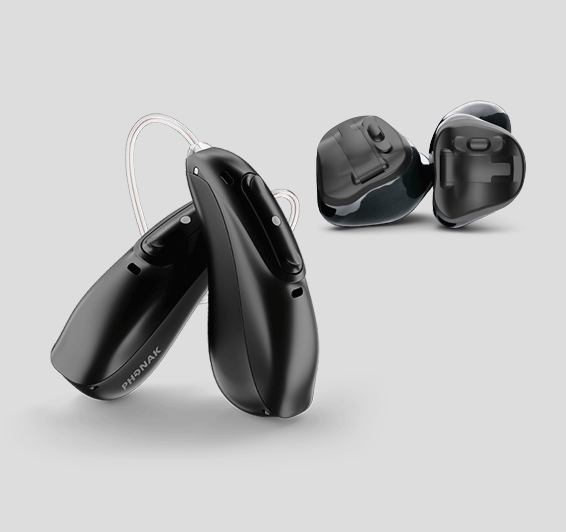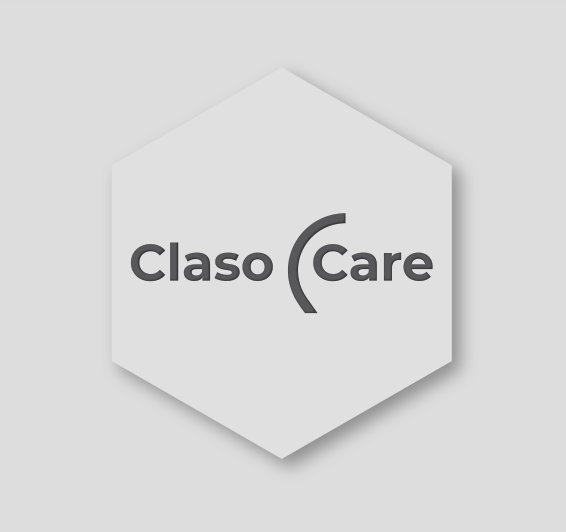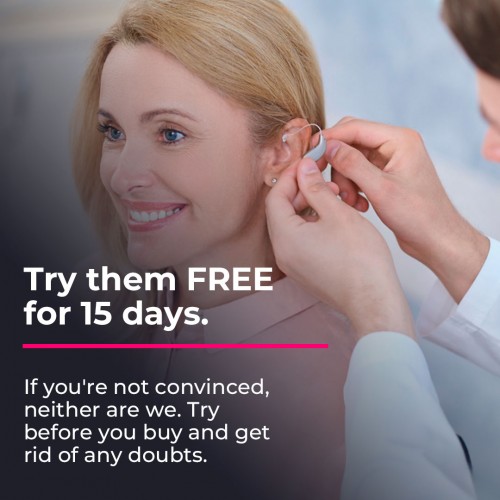How to clean and care for your hearing aids properly

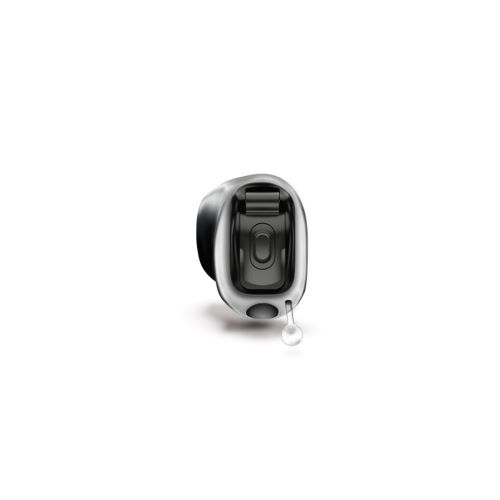
Hearing aids are incredible devices that can help those suffering from hearing loss regain some independence in their lives.
However, with all the amazing technology involved in hearing aids, it should come as no surprise that these devices are also a bit delicate. As with any other machinery, your hearing aid requires maintenance and care in order to function at full capacity.
At Claso, we want to emphasise the importance of proper hearing aid maintenance and that's why here are a few tips to make sure you reduce the chances of your hearing aid being damaged and at the same time get the most out of it.
7 tips to keep your hearing aids in perfect condition
There are many other preventative measures you can take into account to ensure that your hearing aid is operating at full capacity.
Taking good care of your hearing aid can prolong its useful life. Given the investment you make in these devices, Claso will always recommend that you treat them with special care in order to obtain the best possible value and performance.
Here are 7 tips to keep your hearing aid in perfect condition.
HANDLE IT WITH CARE
At some point, you'll find that wearing a hearing aid becomes natural. The problem is that it's easy to forget how delicate these devices are. Handling them with too much confidence or without proper scrutiny will end in disaster. Therefore, always handle your equipment with care. Hold it securely and always place it on a soft towel when changing or cleaning batteries.
THOROUGH CLEANING
Earwax and dirt buildup are a major problem for hearing aids. It’s important to make sure that you keep your device free of earwax as much as possible, or you will end up with reduced performance. It is a good idea to use a dry cotton swab or soft-bristled toothbrush to remove any build-up on the device each time you use it.
CHANGE THE WAX FILTER
Some hearing aids have filters to protect them from earwax, but these can become clogged quite quickly. It is important to change these filters periodically, as you may end up damaging your device.
- Clean your hearing aid every morning. To prevent wax from clogging critical components of your hearing aids, such as microphones or receivers, it is important to clean the hearing aid every morning.
- Tissues should not be used if they contain aloe or lotions, and cleaning cloths should be cleaned regularly to avoid re-depositing wax or other debris.
- It’s best to clean hearing aids in the morning when the wax has had a chance to dry out and is easier to remove.
PROFESSIONAL MAINTENANCE
From time to time, you should give your hearing aid to a hearing care professional or audiologist for proper cleaning. It will keep your device working for a long time: it is a preventive measure and a long-term investment.
TURN IT ALL OFF WHEN NOT IN USE
You should think about turning off the hearing aid when it is not in use. When not in use for an extended period of time, it is best to remove the battery completely. This will make it last longer and prevent any damage. Always remove the batteries if you are not going to use the device for at least a couple of days.
ALWAYS KEEP YOUR HEARING AID IN ITS CASE
Get used to storing your hearing aid in the special case provided with your purchase. If it is not stored optimally, it can cause dust and bacteria to accumulate, which can affect its function.
They should also be placed out of the reach of children and pets, as animals tend to be attracted to the devices due to the persistent human odour they give off.
When you are at home, store your hearing aid in a cool, dry place and avoid exposing it to heat and humidity. Moisture is terrible for hearing aids. Above all, don't use your hearing aid in the shower or in the bathroom, or when you dry your hair and comb it.
While accidental immersion in a bathtub or pool may occur, preventive measures can help prevent moisture accumulation in the device during normal use.
- Avoid accidental exposure to water. Remove your hearing aids when you are thinking about bathing or going to the pool or swimming pool the beach. Store the headphones in their case in a cool, shady place to prevent condensation and overheating.
- Follow a routine: try to follow a routine to help avoid accidents. For example, if you shower first thing in the morning, always leave your headphones in their holster in the same place each time (not in the bathroom) so you don't forget to take them out before you bathe or accidentally flush them into the sink or toilet.
- Eliminates condensation in the pipe. The moisture can accumulate inside mold tubes through condensation as hot, humid air from the ear canal migrates to the walls of colder tubes exposed to the environment.
- If moisture is noted in a hearing aid tube, a tube blower can be used to force moisture out of the tube after removing the tube from the elbow.
- Open battery doors at night. At night, the hearing aid battery doors should be left open to allow air to flow through the device; this has the added benefit of preserving battery life.
- Ideally, the hearing instruments should be stored in an automatic cleaning station. Dryboxes serve not only as a safe overnight storage container, but also act as an environment for moisture absorption and automatic cochlear drying.
CHANGES THE BATTERY WHEN YOU TOUCH
Finally, it's important to make sure you're changing your rechargeable batteries regularly. Ultimately, if you leave the same batteries in your hearing aid for a long period of time, they may corrode and damage the hearing aid. When cleaning, don't forget to also clean the battery contacts. With our ClasoCare program, you get your batteries for free.
Discover the benefits of our ClasoCare program, which not only extends your hearing aid warranty, but also takes care of its repair in case of failure and offers you a replacement hearing aid.
